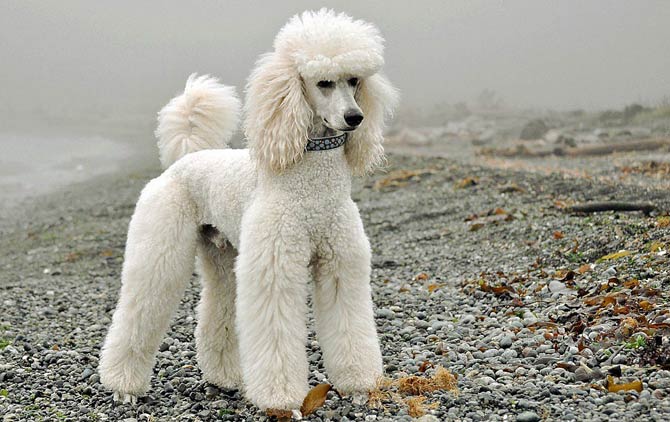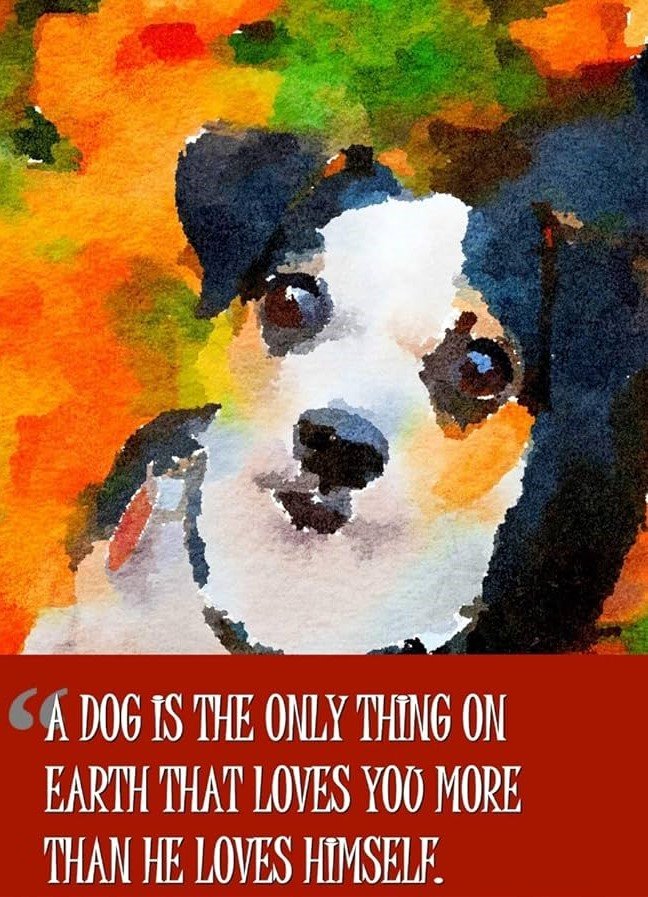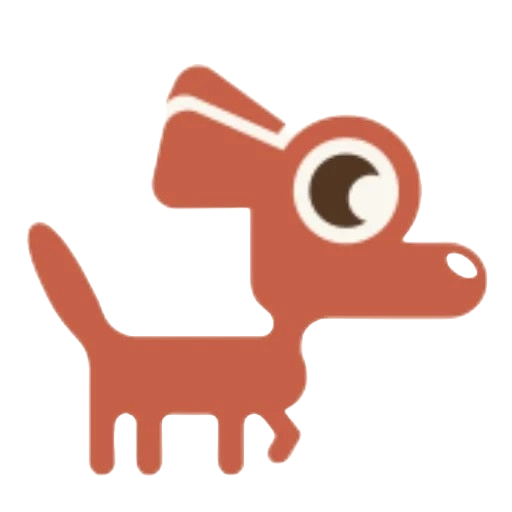The 19th century philosopher Arthur Schopenhauer, an influence on Nietzsche and a contemporary of Hegel, was known for his philosophical Pessimism. I should explain. To a student of Philosophy, pessimism does not mean negativity or expecting the worse; rather, it is an outlook that views the world as aimless and our existence as one of blind striving. He believed that human action is determined not by reason but by ‘will’ – the blind and irrational desire for physical existence. He did not believe in god, but he did think that religion, specifically Christianity, Hinduism, and Buddhism, contained some profound truths in symbolic form. He joined Plato and Kant in rejecting a materialist view of reality, and he was a solitary misanthrope.
Schopenhauer was not a fan of the human race, and that’s probably why he preferred to live alone. And that’s exactly what he did for the last 27 years of his life; he believed wholeheartedly that “almost all of our sorrows spring out of our relations with other people” (from The World as Will and Representation, Vol. II). When I say he lived “alone,” I should qualify that. He avoided the company of, as he would call them, “the common bipeds” that were his contemporaries, and instead had a undying fondness for, of all things, Poodles.
Schopenhauer adored his dogs. From his student days at Gottingen until the day he died, he was accompanied by a succession of loyal and loving dogs, and though each was a different color, they all had three things in common:

- they were all named Atma (the Sanskrit word for the Hindu concept of a universal soul from which all souls arise)
- they were all nicknamed Butz, and
- they were all Poodles.
His favorite “Atma” seems to have been a brown Poodle that was his companion toward the end of his life. Schopenhauer adored this dog above any person, even bequeathing a large sum of money in his will to ensure it would be properly cared for after his death.
In On The Basis of Morality, Schopenhauer assures us that “compassion for animals is intimately associated with goodness of character.” That’s a philosopher’s imprimatur on one of my core, foundational beliefs, namely that I do not trust anyone who doesn’t like dogs. He celebrated the bond between humans and dogs in his writings explicitly:
To anyone who needs lively entertainment for the purpose of banishing the dreariness of solitude, I recommend a dog, in whose moral and intellectual qualities he will almost always experience delight and satisfaction.
Arthur Schopenhauer, “Ideas Concerning the Intellect Generally and In All Respects,” Parerga and Paralipomena, Volume II
In Manuscript Remains: Counsels and Maxims, he even went so far as to make this bold claim: “whoever has never kept dogs does not know what it is to love and be loved.” And in an 1851 essay, he had this to say about the practice of chaining up dogs:
Never do I see such a dog without feelings of the deepest sympathy for him and of profound indignation against his master. I think with satisfaction of a case, reported some years ago in The Times, where a lord kept a large dog on a chain. One day as he was walking through the yard, he took it into his head to go and pat the dog, whereupon the animal tore his arm open from top to bottom, and quite right too! What he meant was this: ‘You are not my master, but my devil, who makes a hell of my brief existence!’ May this happen to all who chain up dogs.
Arthur Schopenhauer, “On the Suffering of the World”
I think we can safely call Schopenhauer a “dog person.”
Philosophers are a strange lot. Whether you find them warning their contemporaries that to remain pure and sinless they must avoid eating beans with the admonishment “Wretches, utter wretches, keep your hands from beans!” (Empedocles), or writing treatises on rainbows (Kant), or waddling around the streets of their towns and enduring the taunts of rock-throwing children (Kierkegaard), you could be forgiven for concluding they’re all a taco shy of a combo platter. And it’s true, Schopenhauer was a a nasty piece of work who once pushed a woman down a flight of stairs because he found her to be too loud, which might be stepping over the line (although, who amongst us hasn’t wanted to do the same at some point?), but I’m officially in his corner when it comes to dogs. How can you find fault with this (from his Ethics)?

Hence comes the four-legged friendships of so many of the better kind of men, for on what indeed should one refresh oneself from the endless deceit, falseness, and cunning of men if it were not for the dogs into whose faithful countenance one may look without distrust?
In Parerga and Paralipomena, a collection of dialogues, essays and aphorisms which he published in 1851, he depicts humanity as locked in a struggle beyond good and evil, each individual absolutely free within a godless world, in which art, morality, and self-awareness are our only salvation. Though born in Gdańsk, Poland, from the age of 45 until his death 27 years later, he lived in Frankfurt, Germany and kept the same, identical daily schedule.
He rose every morning at seven o’clock, had a bath but no breakfast, and drank a strong cup of coffee before sitting down at his desk and writing till noon. At noon, he practiced the flute for half an hour, at which he became quite accomplished, then left for the Englischer Hof where he had his lunch.
Returning home after lunch, he read until four, at which time he took a two hour walk, come rain or shine, before visiting the library at six to read The Times. Then he would take in a play at a theater or attend a concert, after which it was dinner in a restaurant to cap off the evening; he was home by 9 o’clock whence he went to bed.

It may sound like just a routine, but there is a great deal of wisdom in it which I have gleaned for my own life, namely early rising, dedicated periods for creative and then intellectual pursuits, physical exercise, awareness of current events, cultural engagement, entertainment, and early to bed. I’m with him on everything but the flute (does anyone actually play the flute these days?) and the walk (for obvious reasons).
And I chose a Chihuahua instead of a Poodle.
